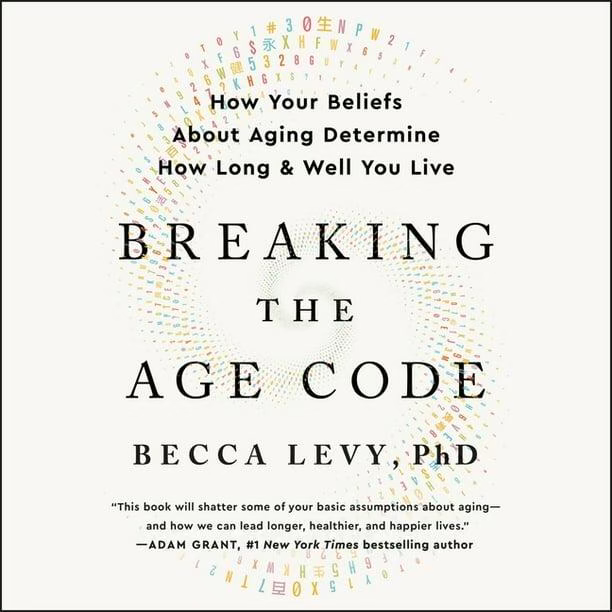Guardianships -Another Take on the Pros and Cons of Probate Court
- Attorney Norman E. “Gene” Richards
- Jun 29, 2022
- 3 min read
If you have heard the word “guardianship” recently, it was probably in the context of a scathing news article about complications and/or corruption in the system, or during a conversation with someone complaining about the difficulties of dealing with a family member’s guardianship. Unfortunately, the media and the public are inclined to highlight the sensational, tragic stories and bad experiences. As with most complaints, there are two sides to the story.
Having worked with guardianships for more than 25 years, this author believes that guardianships serve a good purpose. A guardianship is a type of court case (or proceeding) designed to oversee the care, custody, and wellbeing of someone who is incapacitated. This is someone impaired by conditions including reduced cognitive ability, mental or physical illness, or chronic drug and/or alcohol abuse, to the point that the individual cannot make or communicate informed decisions.
A guardianship may only be established by the probate court of the county where the incapacitated individual is located. The case begins with someone, usually a relative, filing a Petition for Appointment of Guardian with the probate court. The Petition must provide sufficient reasons by stating facts to demonstrate why a guardianship is needed and it will usually nominate a suitable person to act as the guardian. The court will set a date for a hearing on the Petition and all interested persons - and this is a specifically defined group - must be properly served with a copy of the Petition and notice of the hearing at least two weeks before it is held. Before appointing a guardian, the probate judge must determine two things: 1) That the individual is incapacitated, using the legal definition of the term; and 2) that a guardian is needed to provide continuing care to and supervision of the individual.
An incapacitated individual should be safer and healthier with a guardian because the benefits of a guardianships include:
A guardian is responsible for the incapacitated individual’s quality of life and personal care
A guardian has the power to override bad decisions by the incapacitated individual
A guardian has more legal authority than an agent under power of attorney
A guardian is under court oversight and must report to the court and other interested parties once a year
There are also disadvantages of guardianships, which include these considerations:
Problems with the court
The court process to install a guardian is often confusing, time consuming and expensive
Probate courts do not have the resources to properly oversee guardians
Problems with the guardian discharging their duties
Family members may be powerless if the court appoints professional guardians
There are news reports of guardians abusing their power and neglecting the incapacitated person
Problems within the family
Families frequently feud over who should be guardian
Families frequently object to decisions made by the guardian
Problems with the scope of guardian’s authority
A separate conservatorship will be needed for bank accounts, real estate and other property
Alternatives to guardianships: While a guardianship serves a good purpose – protecting a vulnerable, incapacitated individual – it may not be the best solution. An overburdened legal system and the unpredictable, expensive legal process to set and oversee a guardian often make guardianships undesirable. There are alternatives to consider before going to court to ask for appointment of a guardian. These alternatives are usually less expensive than going to court and allow trusted persons to act quickly:
Powers of attorney (medical and financial) to give the necessary authority to manage care and financial assets
Advance directives and authorizations on file with physicians and medical care providers so that the individual’s choices are documented and can be executed
Trusts to hold assets that can pay for care
Agreement and cooperation among family members about the care and custody of an incapacitated loved one
Norman E. “Gene” Richards is a partner at the law firm of Cummings, McClorey, Davis & Acho, P.L.C. where he focuses his practice on estate planning and elder law. He provides practical, legal solutions for life’s distressing twists and turns. He may be reached at 734.261.2400 or nrichards@cmda-law.com.




Comments